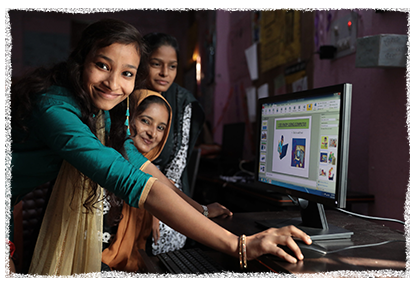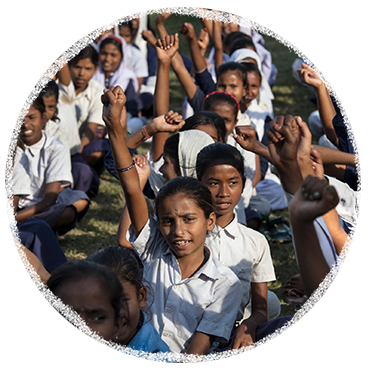Echidna Giving
is a private funder with one sole aim
Echidna Giving
is a private funder with one sole aim
DELIVERING THE PROMISE OF
GIRLS' EDUCATION

When girls learn, they can transform their lives, families, towns, cities and nations. They can build their community’s health, strengthen their country’s economics, and positively impact the planet’s environment. This change is deep, wide and long-lasting.
ECHIDNA GIVING HELPS
DELIVER THIS PROMISE
With a focus on lower-income countries, we make grants, generate knowledge, and collaborate with critical thinkers, innovators and practitioners.
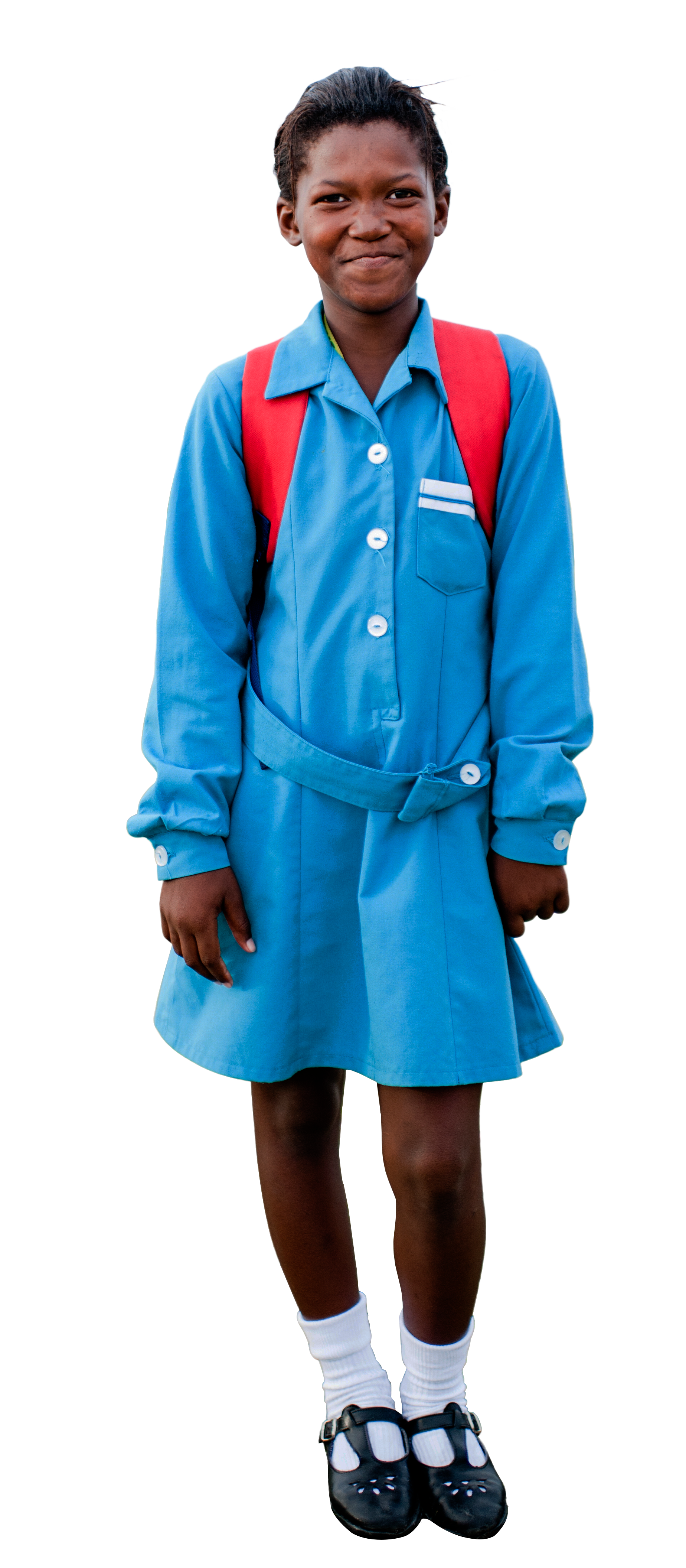


All kids deserve an education. Not least of all girls, who face lifelong discrimination, worldwide. But in many places, girls don’t gain a good education, due to poverty, discrimination, and under-resourced school systems. We work to right this wrong.
When a girl is educated, the benefits will be transformational–and not just for her. She’ll grow up to be a woman who will play a critical role in shaping the next generation, as a mother or a leader or an economic actor – or all of the above. The more educated the girl, the more resources she’ll bring to her family and community as an adult. She will pass on the value of education to her children–girls and boys–setting off a virtuous cycle, where each generation prioritizes education for the next.
This multiplier effect is more than a hypothesis. It’s been proven.
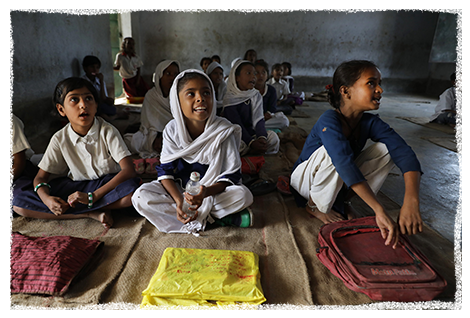
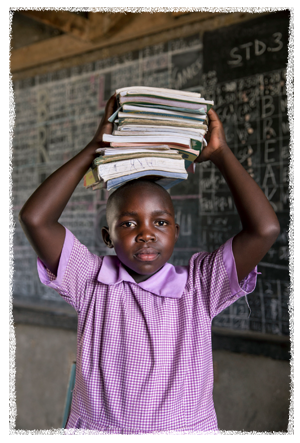
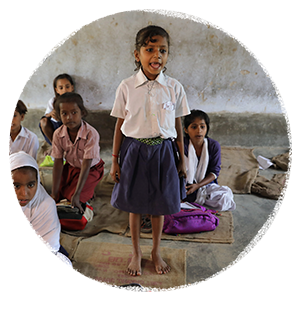
Researchers have proven that educating girls matters, especially in lower-income countries.
Educated girls have smaller, wealthierEvery additional year of primary school boosts girls’ eventual wages by 10–20%, and an extra year of secondary school by 15–25%, healthier families later in life. They’re more likely to survive childbirth, as are their infants: millionsA child whose mother can read is twice as likely to live past age five. Indeed, the global decline in child mortality has been traced to increases in mothers’ schooling, even after controlling for household income of boys and girls are alive today thanks to their mothers’ early education. These kids are more likelyChildren whose mothers complete secondary school have 4.1 more years of schooling on average to go to school themselves, leading to gains in wages, agricultural productivity, food security, and overall GDP growthIncreasing the share of women completing secondary education by 1% increases economic growth by 0.3%. As active citizens, they will improve their communities and their smaller families will be gentler on the planetEducating girls came up as #6 on a list of solutions to combat climate change from Project Drawdown, which bills itself as "the most comprehensive plan ever proposed to reverse global warming." By their account, educating girls could reduce carbon dioxide emissions by more than electric vehicles, clean cookstoves, and conservation agriculture combined..
This ripple effect is powerful–but setting it in motion requires more than just putting a girl behind a school desk. Every day we are learning what reliably creates great outcomes, and yet there is still much to understand and improve. To deliver on the promise we need to increase education funding and ensure the dollars that are spent are spent well and with girls in mind.
So: why educate a girl? Because what she learns could transform her life, her family, her community, her nation for generations to come.
